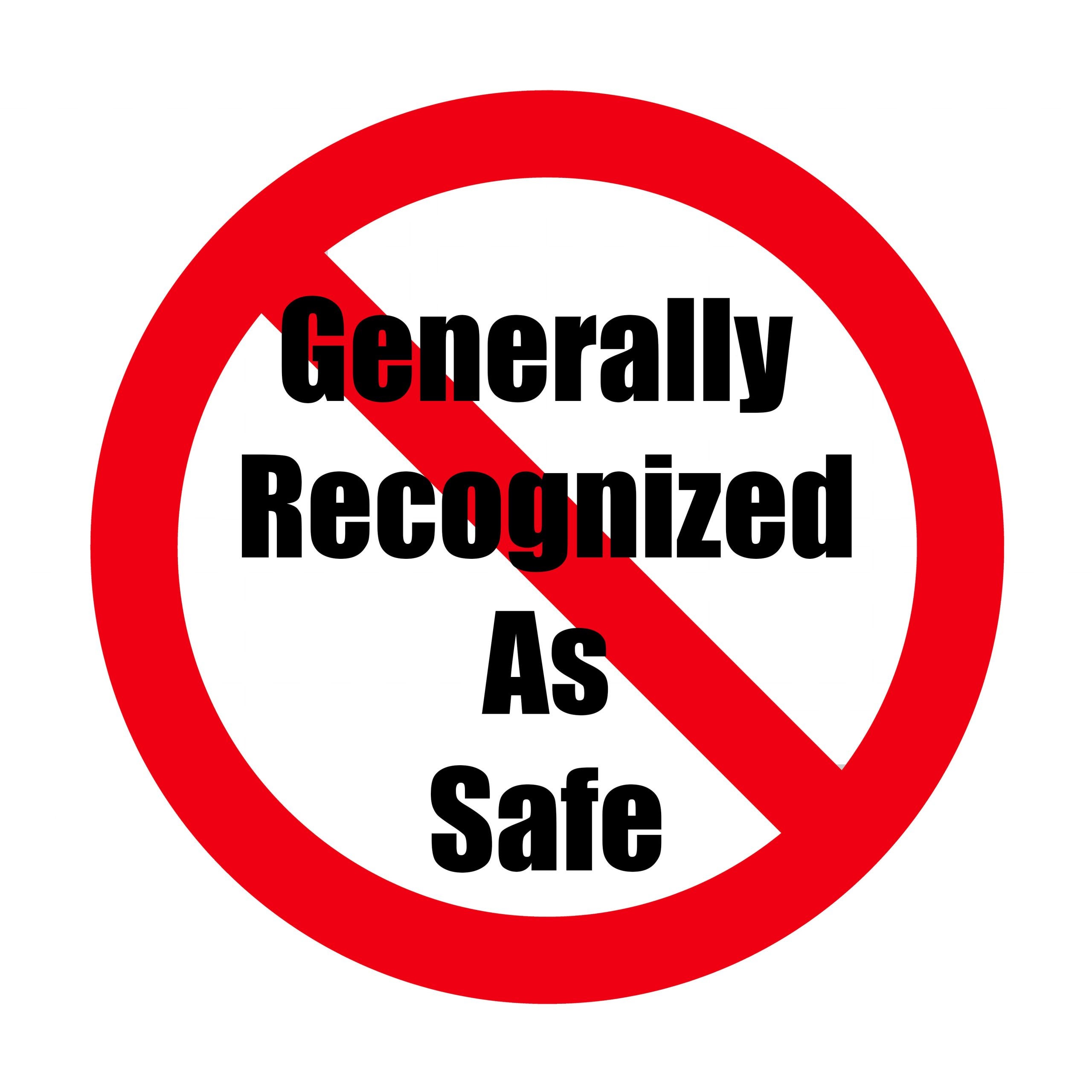Maricel Maffini, EDF consultant and Tom Neltner, Chemicals Policy Director
This blog is the sixth in our Broken GRAS series where we explore the Food and Drug Administration’s (FDA) Generally Recognized as Safe (GRAS) voluntary notification system for novel chemicals added to food.
In May, FDA removed its approval for all uses of 19 ortho-phthalates (aka phthalates) and some uses for two more because it agreed with the industry petition claiming the uses had been abandoned. During the comment period when the petition was filed and again when the decision was published, Earthjustice, EDF, and others warned FDA that despite the removal of approvals, a company could still use any of the abandoned phthalates without the agency’s knowledge by determining on its own that the use was Generally Recognized as Safe (GRAS).
In its decision, FDA implicitly acknowledged that this could indeed happen. After explaining what a GRAS safety determination[1] entails and how its voluntary GRAS notification program[2] works, the agency said:
In the future, if a manufacturer wishes to establish safe conditions of use for one or more of these substances in food contact applications, we expect the manufacturer to submit either a food additive petition or a food contact substance notification prior to market entry because these intended uses were previously authorized under section 409 of the FD&C Act.[3]
Since the agency has no way of knowing that a company determined a substance’s use was GRAS or that it was actually in use, FDA’s expectation is little more than a hope. The agency’s own studies show that the abandoned phthalates show up in food and in food contact materials. Many other studies have shown the same thing, including one that found an unapproved phthalate in fast food.









